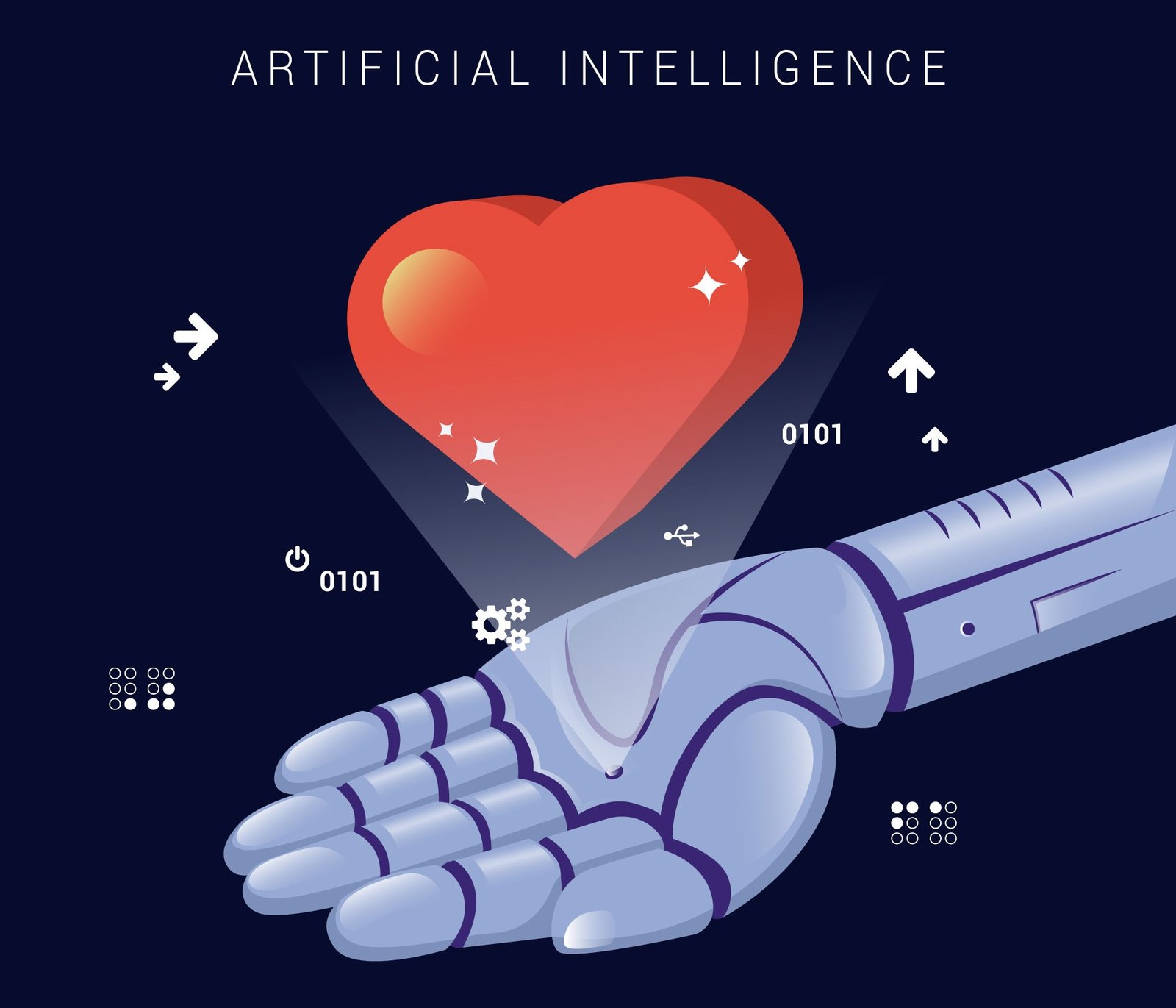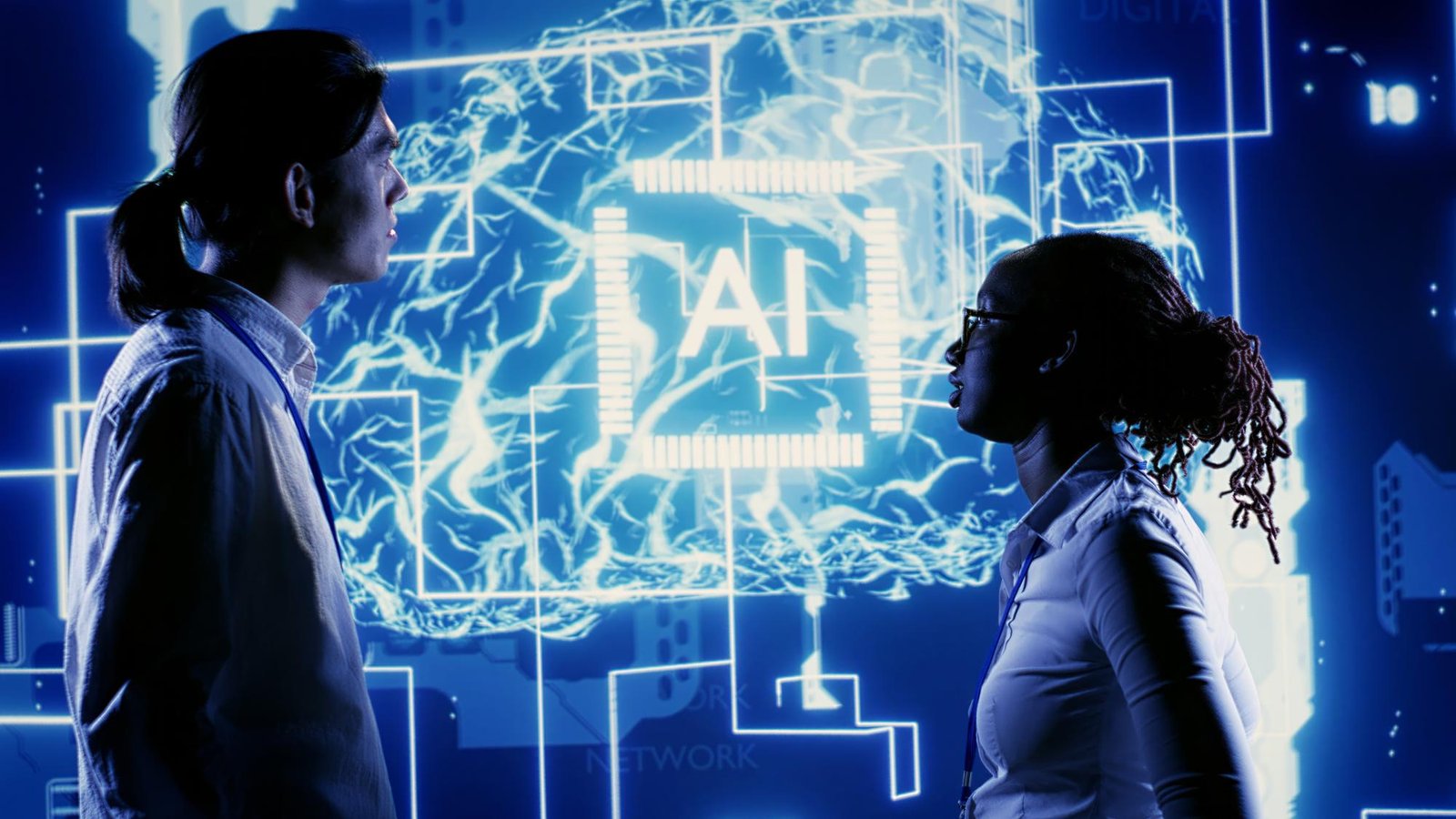In recent years, the adoption of Generative Artificial Intelligence (AI) has taken center stage in the realm of technological advancements, with its potential to revolutionize various sectors, including Human Resources (HR). As India, the world’s largest democracy and one of the fastest-growing economies, continues to embrace digital transformation, Generative AI stands out as a pivotal tool that HR leaders must explore and understand. This blog delves into the opportunities and challenges that come with Generative AI adoption in India, providing insights and real-world examples to paint a comprehensive picture of its impact on HR practices.
The Rise of Generative AI in India
Generative AI refers to AI systems capable of generating text, images, and other content based on learned patterns from vast datasets. Unlike traditional AI, which focuses on analysis and predictions, Generative AI can create novel content, making it a powerful asset for HR leaders. According to a report by NASSCOM, the AI market in India is expected to grow at a CAGR of 20% and reach $7.8 billion by 2025, indicating a significant investment in AI technologies, including generative models.

Generative AI and the Opportunities for HR Leaders
- Enhanced Recruitment Processes: Imagine a world where resumes aren’t just screened but enriched with insightful AI-generated candidate profiles. Generative AI can analyze a candidate’s online presence, creating a comprehensive profile that goes beyond traditional resumes. For example, TCS implemented an AI-driven recruitment tool that significantly improved their hiring processes.
- Personalized Employee Engagement:Generative AI can create personalized content for employees, such as tailored newsletters, training modules, and feedback reports. This personalization can lead to higher engagement and satisfaction levels. Consider the example of Sun Pharmaceutical, which used AI to personalize training programs for their sales teams, resulting in a 25% increase in training completion rates and improved sales performance.
- Advanced Workforce Analytics: HR leaders can leverage Generative AI to analyze vast amounts of workforce data and generate predictive insights. These insights can aid in strategic decision-making, such as identifying potential skill gaps, forecasting future hiring needs, and understanding employee sentiment. A Mumbai-based financial services firm, ICICI Bank, utilized AI analytics to predict employee turnover, allowing them to proactively address issues and reduce attrition rates by 15%.
Challenges associated with Generative AI
- Data Privacy and Security: While Generative AI offers immense potential, it also raises concerns about data privacy and security. HR departments handle sensitive employee information, and any AI system used must ensure robust data protection measures. The implementation of the General Data Protection Regulation (GDPR) in Europe has set a precedent, and similar regulations in India, such as the Personal Data Protection Bill, highlight the importance of compliance.
- Ethical Considerations: The use of AI in HR processes brings ethical challenges, such as bias in AI algorithms. If not carefully managed, AI systems can perpetuate existing biases, leading to unfair hiring or promotion practices. For instance, researchers found that an AI-driven recruitment tool in the US favored male candidates over females due to biased training data. Therefore, Indian HR leaders must ensure that they train AI systems on diverse and unbiased datasets.
- Integration with Existing Systems: Integrating Generative AI with existing HR systems can be complex and require significant investment. HR leaders need to ensure that AI solutions seamlessly integrate with their current HRIS (Human Resource Information Systems) and other platforms. A phased approach, starting with pilot projects, can help in managing this transition smoothly.
Real-World Examples and Case Studies
Example 1: Infosys
Infosys, a global leader in consulting and IT services, has been at the forefront of AI adoption. Their AI-powered platform, Infosys Nia, uses generative models to automate and enhance various HR processes. From recruitment to employee engagement, Infosys Nia has demonstrated how AI can drive efficiency and innovation in HR practices.
Example 2: Tata Consultancy Services (TCS)
TCS has leveraged Generative AI to enhance their employee onboarding experience. By using AI to create personalized onboarding content, TCS has significantly reduced the time taken to onboard new employees. Thus, improving their initial engagement levels. This approach has also enabled TCS to scale their onboarding process efficiently across their global operations.
The Road Ahead
The journey of Generative AI adoption in India’s HR landscape is filled with both opportunities and challenges. HR leaders must navigate this dynamic environment with a strategic approach, focusing on ethical considerations, data privacy, and seamless integration. By embracing AI, HR leaders can transform their functions, driving efficiency, personalization, and strategic insights.
As India continues to grow as a global economic powerhouse, the role of HR leaders in adopting and leveraging Generative AI will be crucial. The potential is immense. With careful planning and execution, HR leaders can harness the power of AI to create a more responsive, and employee-centric workplace.
Conclusion
Generative AI is not just a buzzword; it’s a transformative force that can reshape HR practices in India. From enhancing recruitment processes to personalizing employee engagement and providing advanced workforce analytics, the opportunities are vast. However, challenges related to data privacy, ethics, and integration must be addressed proactively. By adopting a strategic approach, HR leaders can guide their organizations towards AI-driven innovation and human-centric strategies coexisting harmoniously. Stay tuned for more insights on the intersection of AI and HR as we explore the future of work in India at our upcoming RethinkHR Conclaves.

